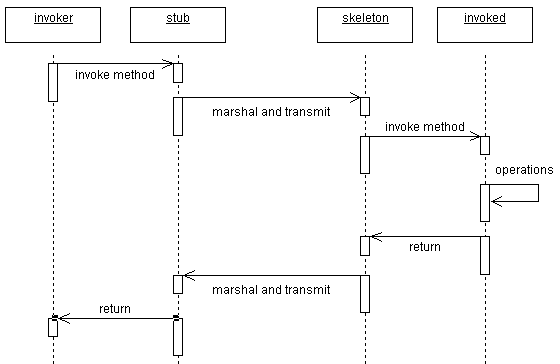An IDL enum is mapped to a Java class.
For example, the following IDL specification:
enum EnumType {first, second, third, fourth, fifth};
results in the following Java code:
public class EnumType implements org.omg.CORBA.portable.IDLEntity
{
public static final int _first = 0;
public static final EnumType first = new EnumType(_first);
public static final int _second = 1;
public static final EnumType second = new EnumType(_second);
public static final int _third = 2;
public static final EnumType third = new EnumType(_third);
public static final int _fourth = 3;
public static final EnumType fourth = new EnumType(_fourth);
public static final int _fifth = 4;
public static final EnumType fifth = new EnumType(_fifth);
public int value() {...}
public static EnumType from_int(int value) {...};
// constructor
protected EnumType(int) {...}
};




